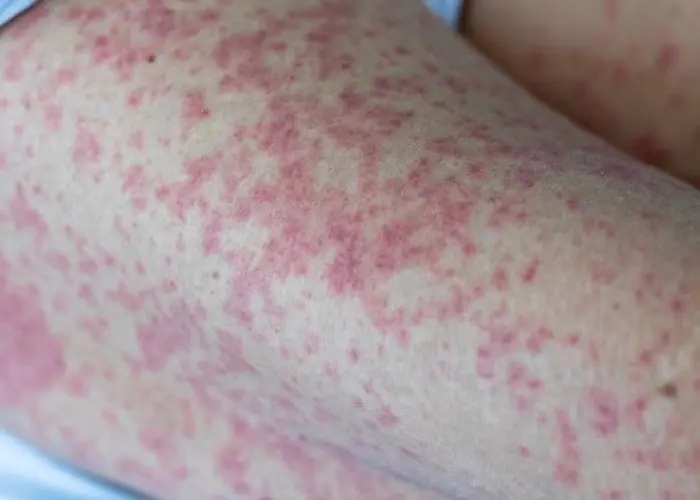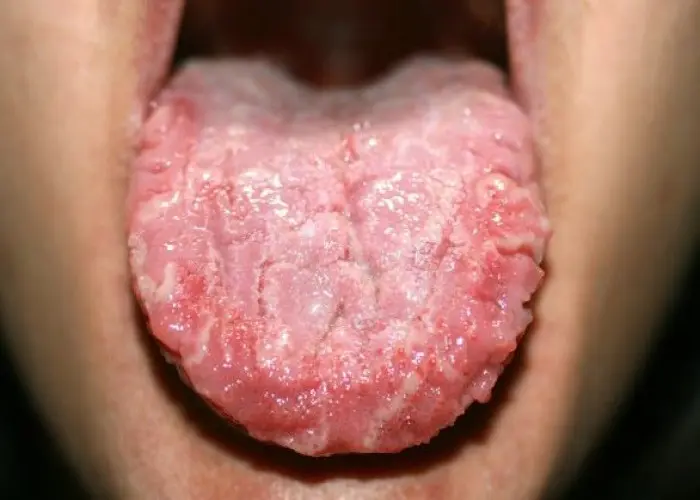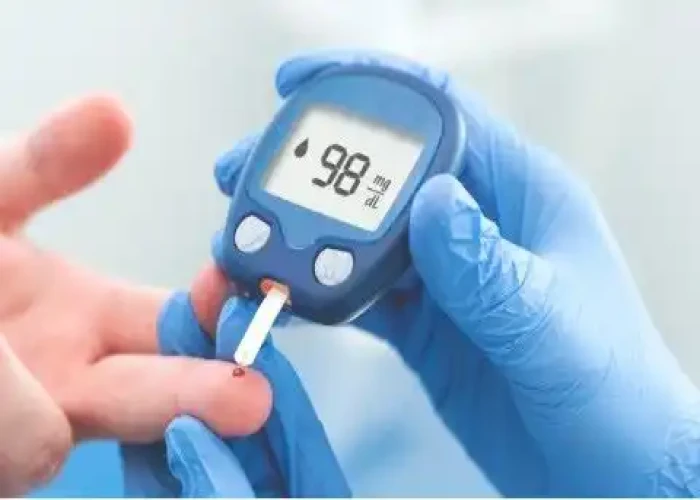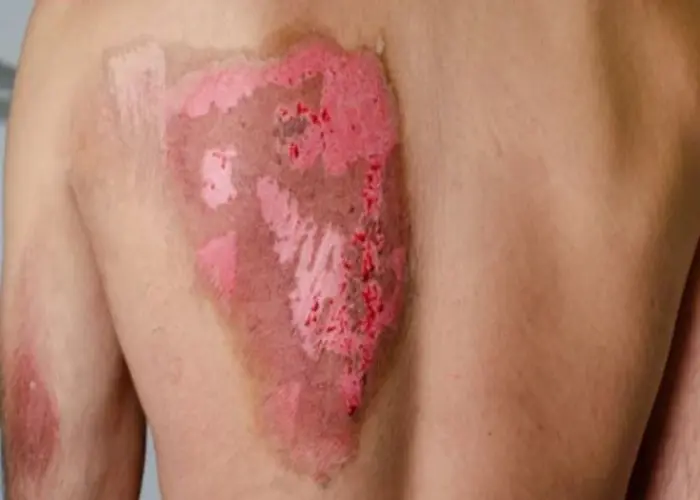 Welcome
Welcome
“May all be happy, may all be healed, may all be at peace and may no one ever suffer."
Post-traumatic stress disorder (PTSD)

Post-traumatic stress disorder (PTSD) is a mental health condition that can develop after experiencing or witnessing a traumatic event, such as a natural disaster, military combat, sexual assault, or a serious accident. PTSD can affect people of all ages and can develop immediately after the traumatic event or several months or years later.
The symptoms of PTSD can be divided into four main categories:
- Intrusive memories: Recurrent, distressing memories or dreams related to the traumatic event, or experiencing flashbacks or hallucinations.
- Avoidance: Avoiding reminders of the traumatic event, such as people, places, or activities that may trigger memories.
- Negative changes in thinking and mood: Feeling guilty, hopeless, or negative about oneself or the world, having difficulty remembering the traumatic event, or feeling detached from others.
- Hyperarousal: Feeling irritable, easily startled, or having trouble sleeping.
PTSD can be treated with therapy, medication, or a combination of both. Therapy approaches may include cognitive behavioral therapy (CBT), eye movement desensitization and reprocessing (EMDR), or exposure therapy. Medications such as antidepressants or anti-anxiety drugs may also be used to help manage symptoms. It is important for individuals with PTSD to seek professional help and support from trained mental health professionals.
Research Papers
Disease Signs and Symptoms
- Extreme nightmares
- Difficulty experiencing positive emotions
- Lack of interest in activities once enjoyed
- Feeling detached from family and friends
- Difficulty maintaining close relationships
- Memory problems, including not remembering important aspects of the traumatic event
- Negative thoughts about, other people or the world
- Avoiding places, activities or people that remind of the traumatic event
- Trying to avoid thinking or talking about the traumatic event
- Severe emotional distress or physical reactions to something that reminds of the traumatic event
- Upsetting dreams or nightmares about the traumatic event
- Reliving the traumatic event as if it were happening again (flashbacks)
- Aggressive behavior
- Irritability
- Difficulty concentrating
- Trouble sleep (insomnia)
- Feeling emotionally numb
Disease Causes
Post-traumatic stress disorder (PTSD)
You can develop post-traumatic stress disorder when you go through, see or learn about an event involving actual or threatened death, serious injury or sexual violation.
Doctors aren't sure why some people get PTSD. As with most mental health problems, PTSD is probably caused by a complex mix of:
- Stressful experiences, including the amount and severity of trauma you've gone through in your life
- Inherited mental health risks, such as a family history of anxiety and depression
- Inherited features of your personality — often called your temperament
- The way your brain regulates the chemicals and hormones your body releases in response to stress
Disease Prevents
Post-traumatic stress disorder (PTSD)
After surviving a traumatic event, many people have PTSD-like symptoms at first, such as being unable to stop thinking about what's happened. Fear, anxiety, anger, depression, guilt — all are common reactions to trauma. However, the majority of people exposed to trauma do not develop long-term post-traumatic stress disorder.
Getting timely help and support may prevent normal stress reactions from getting worse and developing into PTSD. This may mean turning to family and friends who will listen and offer comfort. It may mean seeking out a mental health professional for a brief course of therapy. Some people may also find it helpful to turn to their faith community.
Support from others also may help prevent you from turning to unhealthy coping methods, such as misuse of alcohol or drugs.
Disease Treatments
Post-traumatic stress disorder treatment can help you regain a sense of control over your life. The primary treatment is psychotherapy, but can also include medication. Combining these treatments can help improve your symptoms by:
- Teaching you skills to address your symptoms
- Helping you think better about yourself, others and the world
- Learning ways to cope if any symptoms arise again
- Treating other problems often related to traumatic experiences, such as depression, anxiety, or misuse of alcohol or drugs
You don't have to try to handle the burden of PTSD on your own.
Psychotherapy
Several types of psychotherapy, also called talk therapy, may be used to treat children and adults with PTSD. Some types of psychotherapy used in PTSD treatment include:
- Cognitive therapy. This type of talk therapy helps you recognize the ways of thinking (cognitive patterns) that are keeping you stuck — for example, negative beliefs about yourself and the risk of traumatic things happening again. For PTSD, cognitive therapy often is used along with exposure therapy.
- Exposure therapy. This behavioral therapy helps you safely face both situations and memories that you find frightening so that you can learn to cope with them effectively. Exposure therapy can be particularly helpful for flashbacks and nightmares. One approach uses virtual reality programs that allow you to re-enter the setting in which you experienced trauma.
- Eye movement desensitization and reprocessing (EMDR). EMDR combines exposure therapy with a series of guided eye movements that help you process traumatic memories and change how you react to them.
Your therapist can help you develop stress management skills to help you better handle stressful situations and cope with stress in your life.
All these approaches can help you gain control of lasting fear after a traumatic event. You and your mental health professional can discuss what type of therapy or combination of therapies may best meet your needs.
You may try individual therapy, group therapy or both. Group therapy can offer a way to connect with others going through similar experiences.
Medications
Several types of medications can help improve symptoms of PTSD:
- Antidepressants. These medications can help symptoms of depression and anxiety. They can also help improve sleep problems and concentration. The selective serotonin reuptake inhibitor (SSRI) medications sertraline (Zoloft) and paroxetine (Paxil) are approved by the Food and Drug Administration (FDA) for PTSD treatment.
- Anti-anxiety medications. These drugs can relieve severe anxiety and related problems. Some anti-anxiety medications have the potential for abuse, so they are generally used only for a short time.
- Prazosin. While several studies indicated that prazosin (Minipress) may reduce or suppress nightmares in some people with PTSD, a more recent study showed no benefit over placebo. But participants in the recent study differed from others in ways that potentially could impact the results. Individuals who are considering prazosin should speak with a doctor to determine whether or not their particular situation might merit a trial of this drug.
You and your doctor can work together to figure out the best medication, with the fewest side effects, for your symptoms and situation. You may see an improvement in your mood and other symptoms within a few weeks.
Tell your doctor about any side effects or problems with medications. You may need to try more than one or a combination of medications, or your doctor may need to adjust your dosage or medication schedule before finding the right fit for you.
Disease Diagnoses
Disease Allopathic Generics
Disease Ayurvedic Generics
Disease Homeopathic Generics
Disease yoga
Post-traumatic stress disorder (PTSD) and Learn More about Diseases

Pouchitis

Drug allergy

Geographic tongue

Voice disorders

Pelvic inflammatory disease (PID)

Type 2 diabetes in children

Burns

Hirsutism
Post-traumatic stress disorder, ptsd, ট্রমাজনিত পরবর্তী স্ট্রেস ডিসঅর্ডার, পিটিএসডি
To be happy, beautiful, healthy, wealthy, hale and long-lived stay with DM3S.
